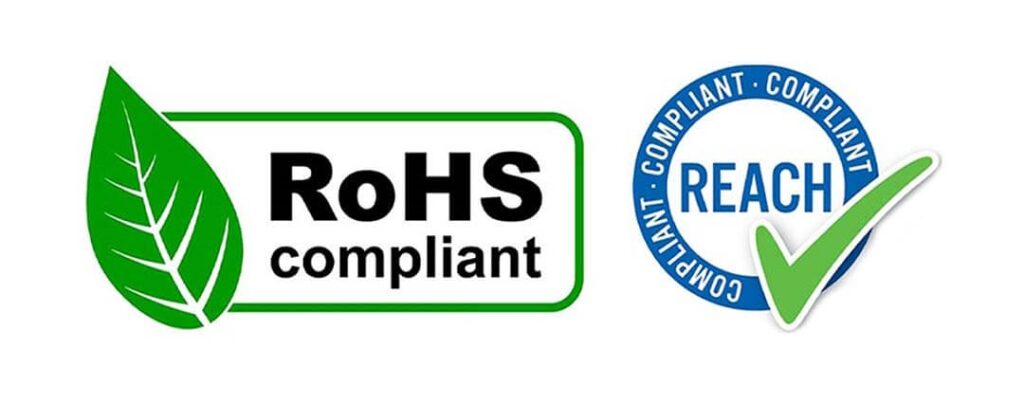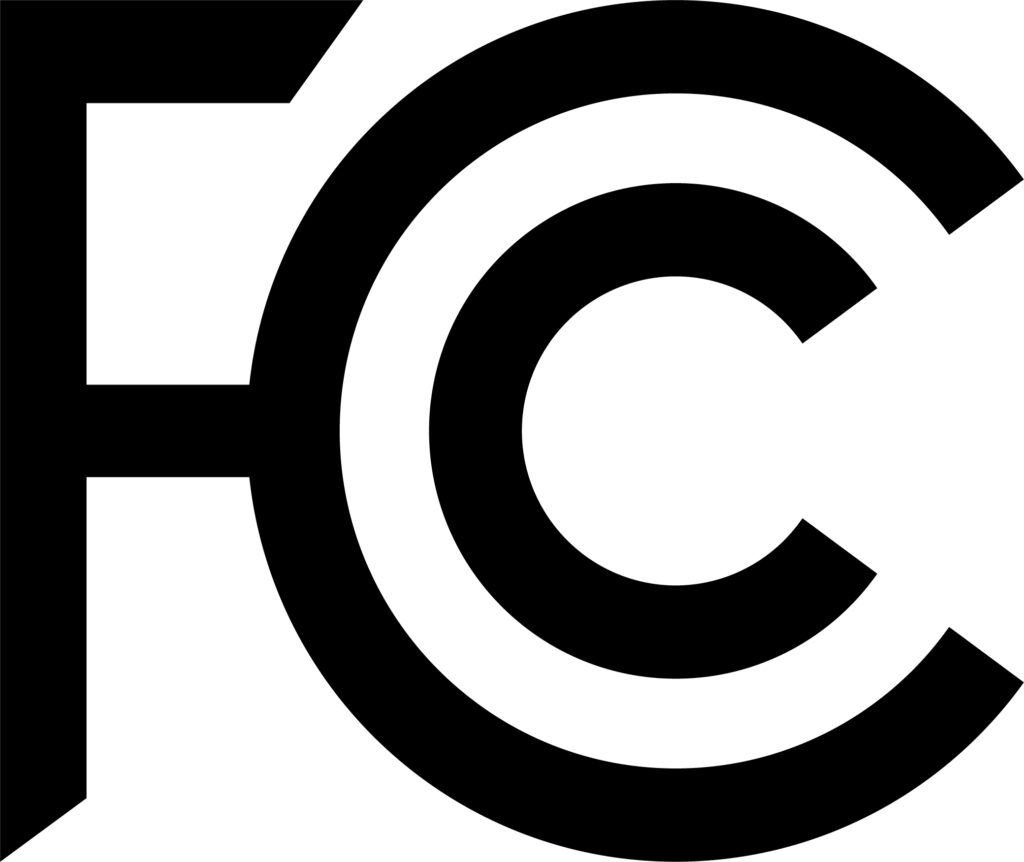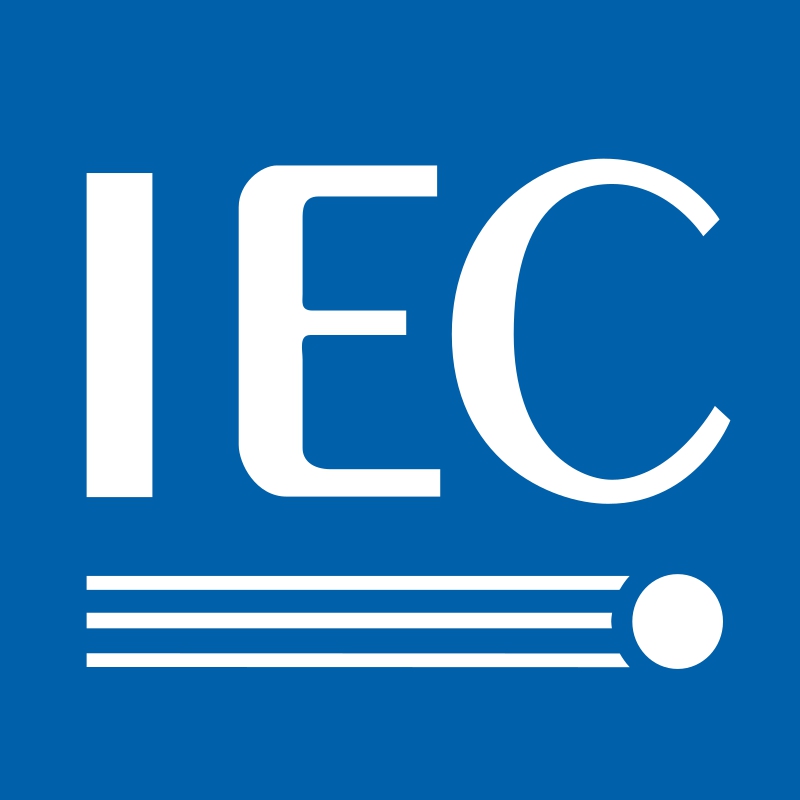As the realm of electronic devices continues to expand rapidly, the significance of international certifications for electronic components cannot be overstated. These certifications are critical benchmarks, ensuring electronic components’ quality, safety, and reliability. This article provides an in-depth exploration of some of the primary international certifications that electronic components can attain.
1 RoHS (Restriction of Hazardous Substances) Certification: The RoHS certification centers on mitigating the presence of hazardous substances in electronic components. This directive restricts using hazardous materials like lead, mercury, cadmium, hexavalent chromium, polybrominated biphenyls (PBBs), and polybrominated diphenyl ethers (PBDEs). By complying with RoHS standards, manufacturers uphold environmental sustainability and enhance the safety of electronic products.

2 CE (ConformitéEuropéene) Mark: The CE mark indicates conformity to European Union regulations encompassing safety, health, and environmental standards. Although not exclusive to electronic components, this mark is vital for any electronic product intended for sale in the European Economic Area. It signifies adherence to EU directives, ensuring the product’s compliance with essential requirements.

3 UL (Underwriters Laboratories) Certification: Renowned for its stringent safety standards, UL certification is fundamental for electronic components. Underwriters Laboratories conducts rigorous testing to evaluate products for safety, reducing the likelihood of electrical hazards. UL certification assures manufacturers, suppliers, and consumers that the components meet safety benchmarks.

4 FCC (Federal Communications Commission) Certification: FCC certification is mandatory for electronic components that emit radio frequency (RF) energy. This certification verifies that the device adheres to electromagnetic interference (EMI) regulations, preventing interference with other electronic equipment. Components with FCC certification ensure electromagnetic compatibility, maintaining the integrity of wireless communication systems.

5 ISO 9001: Quality Management Systems (QMS): Though not exclusive to electronic components, ISO 9001 certification is pivotal for manufacturers. It delineates quality management principles, confirming the existence of a robust quality management system. By adhering to ISO 9001 standards, manufacturers enhance component quality, streamline processes, and elevate overall organizational efficiency.

6 ISO 14001: Environmental Management Systems (EMS): Parallel to ISO 9001, ISO 14001 pertains to environmental management. This certification underscores a manufacturer’s commitment to sustainable practices and reducing environmental impact. Electronic component manufacturers with ISO 14001 certification showcase responsible environmental stewardship, fostering eco-friendly production processes.

7 IEC (International Electrotechnical Commission) Standards: The IEC develops and publishes international standards for electronic components and electrical systems. While not a certification, adherence to IEC standards is emblematic of commitment to quality, interoperability, and safety. Components meeting IEC standards possess heightened reliability and compatibility.

8 IPC (Association Connecting Electronics Industries) Standards: IPC standards encompass various facets of electronic manufacturing, spanning design, assembly, and testing. These standards foster consistency, reliability, and quality throughout the production process. Electronic component manufacturers adhering to IPC standards ensure standardized practices and optimized product performance.

In the dynamic realm of electronic components, international certifications wield significant influence, assuring quality, safety, and reliability. Each certification serves a distinct purpose, addressing environmental concerns, safety compliance, or quality management. These certifications offer manufacturers and consumers a foundation of trust, fortifying the electronics industry’s integrity and sustainability.
